The skills needed to build relationships in our personal lives also apply to our professional lives. Knowing when to walk away and say nothing versus the time to talk things out. It takes practice and persistence to build the trust necessary to succeed.
Sometimes it’s best to walk away for awhile before you try to talk. It was our wedding anniversary. As we drove off to spend the day together, I found our Alison Krauss CD so we could listen to our wedding song, “Nothing at All”. I remember the reason we chose this song. It was because sometimes we had a hard time understanding each other using words. Like many couples, our thought processes are very different so until we learned more about each other, we had a lot of misunderstandings. It was when we stopped talking and started to look into each other’s hearts, we understood there is no malice, no intent to hurt each other. We had to step back or sometimes walk away for a while before we could come back and talk. Just as the lyrics say, “You say it best when you say nothing at all.”
For a work misunderstanding, start with the assumption the person means no harm. We all hear others through our own screen of experiences and temperaments causing a perception that may or may not be true. Until we know and trust a person, our assumptions can take our emotions off course. Sometimes it’s best to say nothing at all until you have time to cool down or investigate.
It takes practice to learn how to communicate better.
That is part of conflict management – knowing when to walk away before trying to resolve the situation. There are times when one or both of us need to cool down and gain some perspective before we could realize the other’s point of view. We’ve gotten better at communicating through the years because it takes practice and perseverance. Even so, while we were dining at a nice restaurant, we still had to ‘go around the communication circle’ a few times before we got on the same page.
Once you have built the trust between you, it is easier to let things go.
As we sat at the table, we started laughing about our communication fumbles. We’ve come a long way but we still have some bumps in our process. The fact we can laugh about it now instead of being hurt or angry is a sign of trust – we are both doing our best to understand, it just takes a continued effort. And the process can be quite entertaining if you let it!
It takes sheer determination.
At the end of my mother’s life, I took my sons and a couple of their friends to visit her in the hospital. One boy asked her how long she and my dad had been married. She told him fifty-eight years. His eyes widened as he said, “That’s a really long time!” Then he asked her what was the secret to their marriage. She propped herself up in bed and exclaimed, “Sheer determination.” This was somethings these boys never forgot it. If you want the relationships in your life to thrive, it takes work and the determination to not give up until you find a solution.
The same relationship skills you practice at home can improve your relationships at work.
The key ingredients to relationship building in our personal lives apply to our professional lives; know when to walk away, do no harm, and use determination until you find a solution. Trust is built when we know the other person’s intent is good and commitment to resolving the issue.
The Key: Where there is trust, it is easier to overlook the flaws.
When we are upset or angry, the flaws in the people in our lives become glaring beacons. The trick is to know when to ‘say nothing at all’ and when it is time to work on the issue. It’s a delicate balance but it is worth the effort.
Jean
